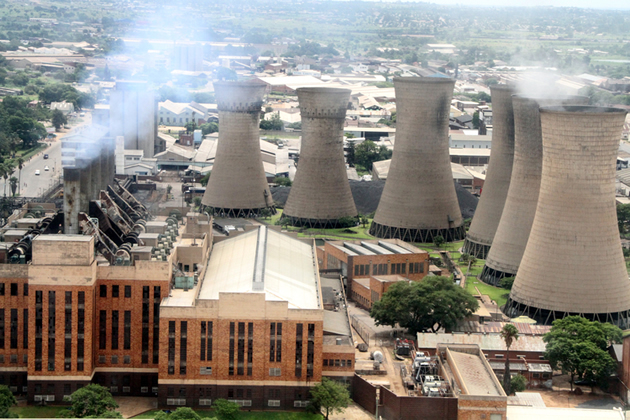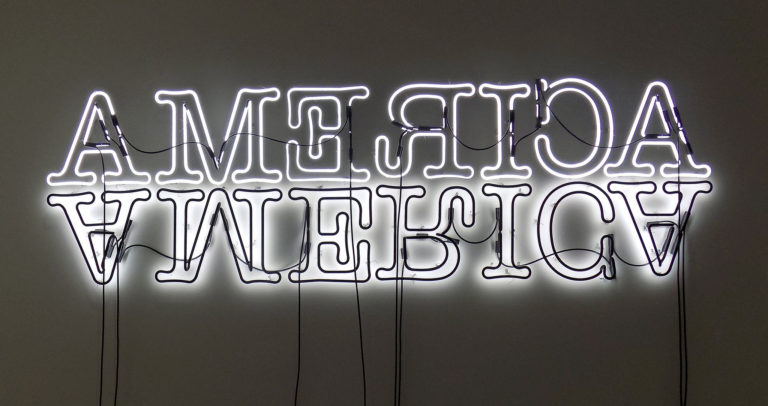This paper, focusing on Bulawayo, the country’s second largest city and regarded as the country’s cultural capital city, seeks to critically interrogate the working conditions of creative artists and other content producers against the background of an imploding cultural landscape. The paper seeks to establish ways in which cultural workers in Bulawayo negotiate the “precarious conditions” under which they work as they are exposed to the informalization of their labour, wage squeezes, temporariness, uncertainty, and pernicious risks in their work (Standing 2011; 2014; Waite, 2008; Munck, 2011). Artists in Bulawayo, Zimbabwe’s second largest city and the country’s former industrial hub, face a harsh operating environment such that some have even quit their craft. Some of the artists interviewed have concluded that their (bare) lives are more important than the preoccupation of producing art as this has had a toll on their families. However, there still exists a handful of artists who continue to struggle against all odds with the hope of building a sustainable arts industry in the country’s second largest city.
Keyword: alienation
Review of Necroculture by Charles Thorpe (Palgrave Macmillan)
Charles Thorpe’s Necroculture attempts to demonstrate that the variegated experiences of alienation under the technocratic culture of neoliberal capital are experiences tantamount to a culture of death. Thorpe suggests that the root of the necrophilia that defines contemporary capitalist culture is in the valuing of non-living objects over living human beings. In the alienation and replacement of imperfect human labor with automated dead labor and in a highly atomized consumer culture where social participation is mediated by commodity fetishism, the non-living are given priority over the living.

